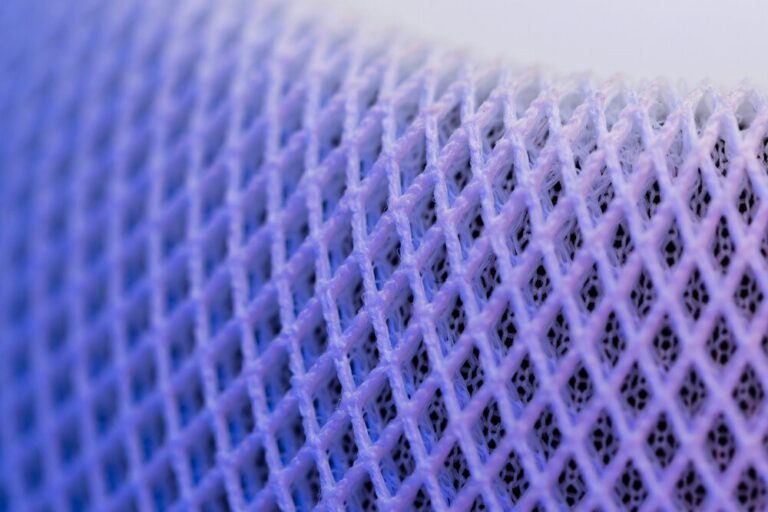Chinese chemists are obsessed with journal impact factors, to the detriment of the field, says Nai-Xing Wang, a professor in the Technical Institute of Physics and Chemistry at the Chinese Academy of Sciences, Beijing. Some administrators in China, he writes, judge research proposals solely on the impact factor of a scientist’s previous publications, and salaries of his chemistry colleagues go up and down depending upon a complex mathematical formula based on the impact factor of the journal in which their work is published. He writes: “I have worked as a researcher in organic chemistry for many years, and am greatly concerned about the way Chinese chemistry is heading. Chemistry has made a great contribution to human society, but right now it seems that chemistry research in China has turned into a Vanity Fair.” Fashionable research areas, such as nanotechnology, are judged even higher, even if these nanotechnology researchers “…have not used mainstream techniques such as nuclear magnetic resonance, mass spectrography, infrared or ultraviolet spectroscopy, or X-ray diffraction. They sometimes get by with just one instrument: an electron microscope. Some research on ‘novel’ materials is nothing more than pictures taken with such a microscope. In contrast, papers in organic synthetic chemistry often feature new synthetic routes and skills, but because some of the reactions involved are common, they are too often dismissed as lacking innovation and novelty.” Wang suggests that scientists in China not just be judged on journal impact factors, but on the citations their papers receive over a period of time. He concludes: “We are now more than halfway through 2011, the Year of Chemistry. If China is to truly celebrate the discipline and produce good chemistry rather than lots of papers, then change needs to come quickly.”




